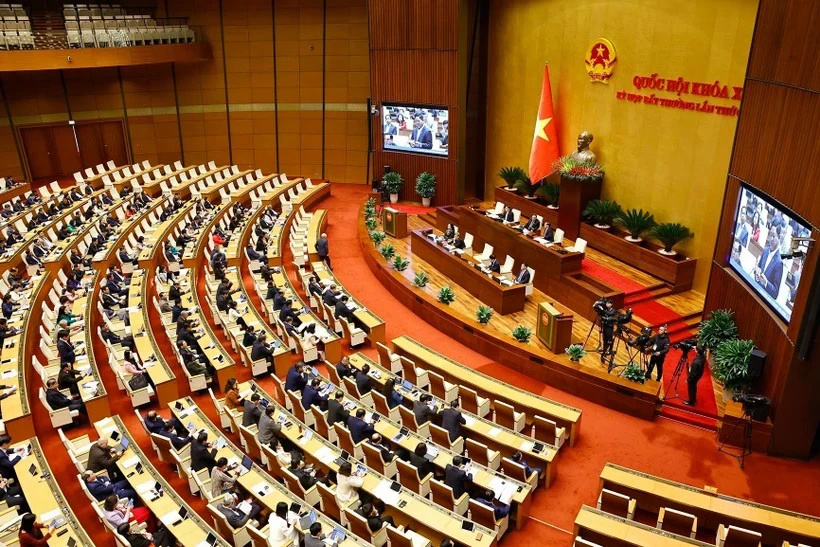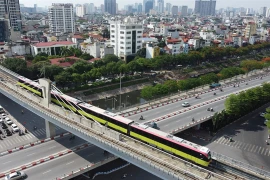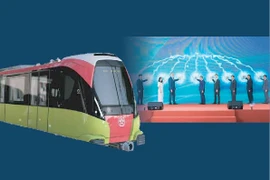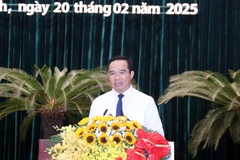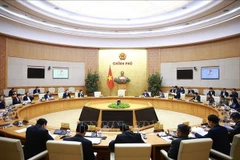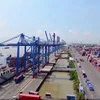Hanoi (VNA) – The National Assembly (NA) on February 19 morning adopted a resolution on piloting specific mechanisms and policies for the development of urban railway networks in Hanoi and Ho Chi Minh City as part of its ongoing ninth extraordinary session.
The resolution was approved with all 459 participating deputies voting in favour, accounting for 96.03% of the total number of deputies.
The resolution, with 11 articles, aims to mobilise all legal resources, shorten the implementation progress, effectively utilise land resources; strongly empower the two cities in implementing investments in urban railway projects, and realise the resolutions and conclusions of the Party Central Committee and the Politburo.
It six specific and special policy groups approved include capital mobilisation; investment implementation order and procedures; urban development under the Transit-Oriented Development (TOD) model; railway industry development, technology transfer and human resources training; construction materials and waste disposal policies; and regulations exclusive for HCM City.
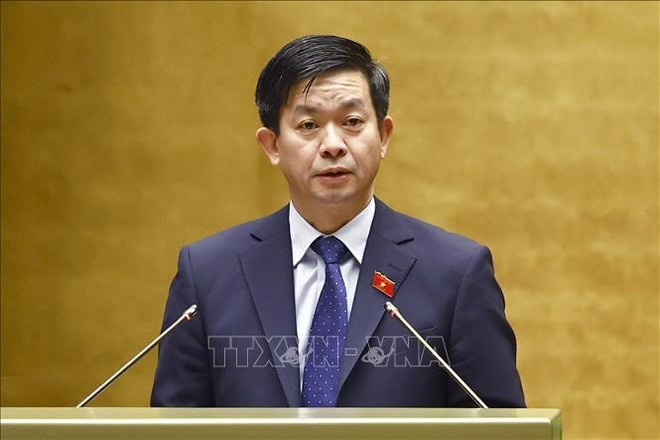
Notably, among regulations specifically applicable to HCM City, regarding to the TOD model, the municipal People's Committee is allowed to collect and use some revenues to develop the urban railway system, public transport system, and technical infrastructure connecting to the public transport system.
The committee is allowed to borrow capital through the issuance of local government bonds, from domestic financial institutions, other domestic organisations and the Government's foreign loans and other legal forms of capital mobilisation with the total outstanding debt not exceeding 120% of the city's budget revenue. In case it exceeds 120%, the NA shall consider and adjust the amount to suit the locality's actual needs./.
